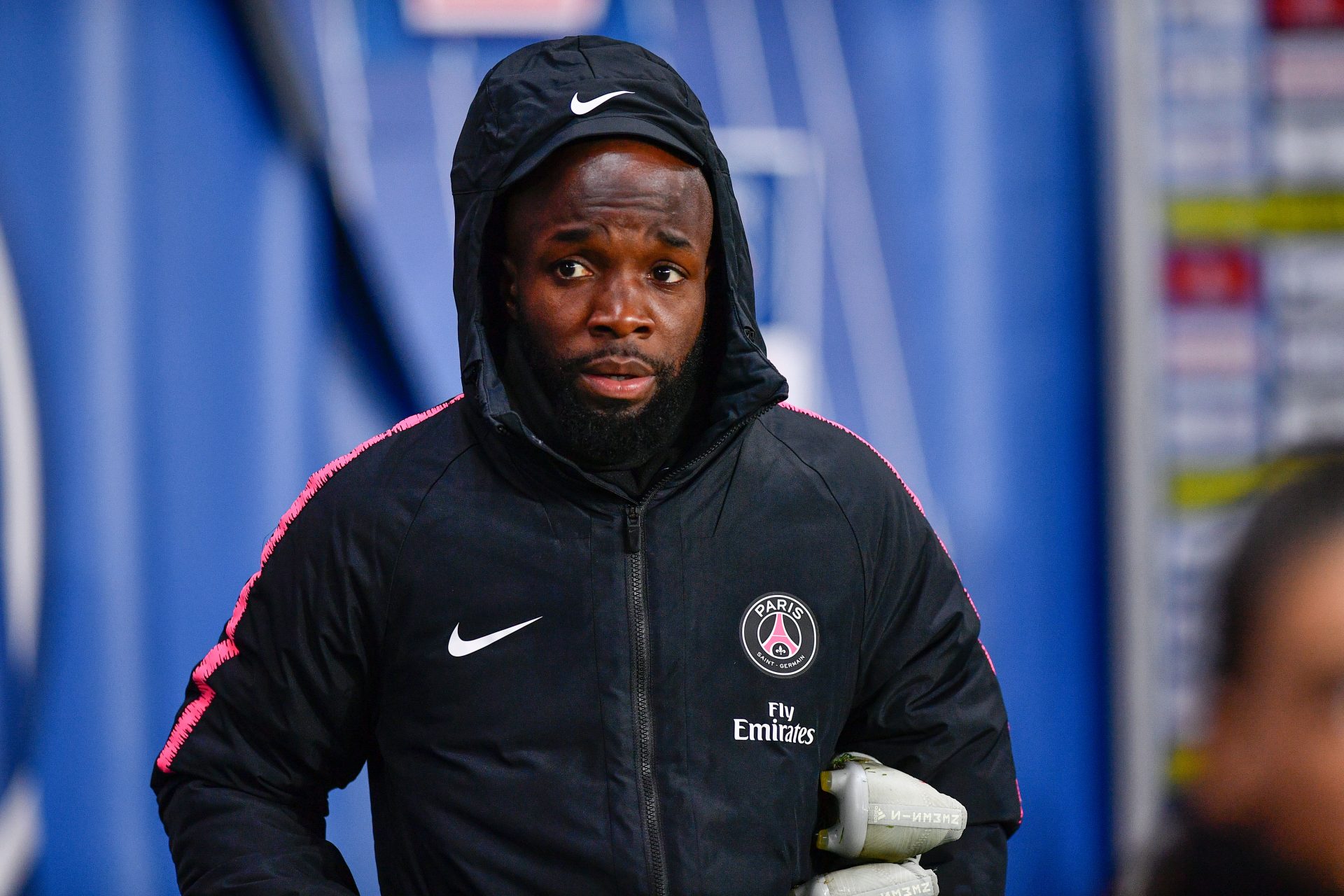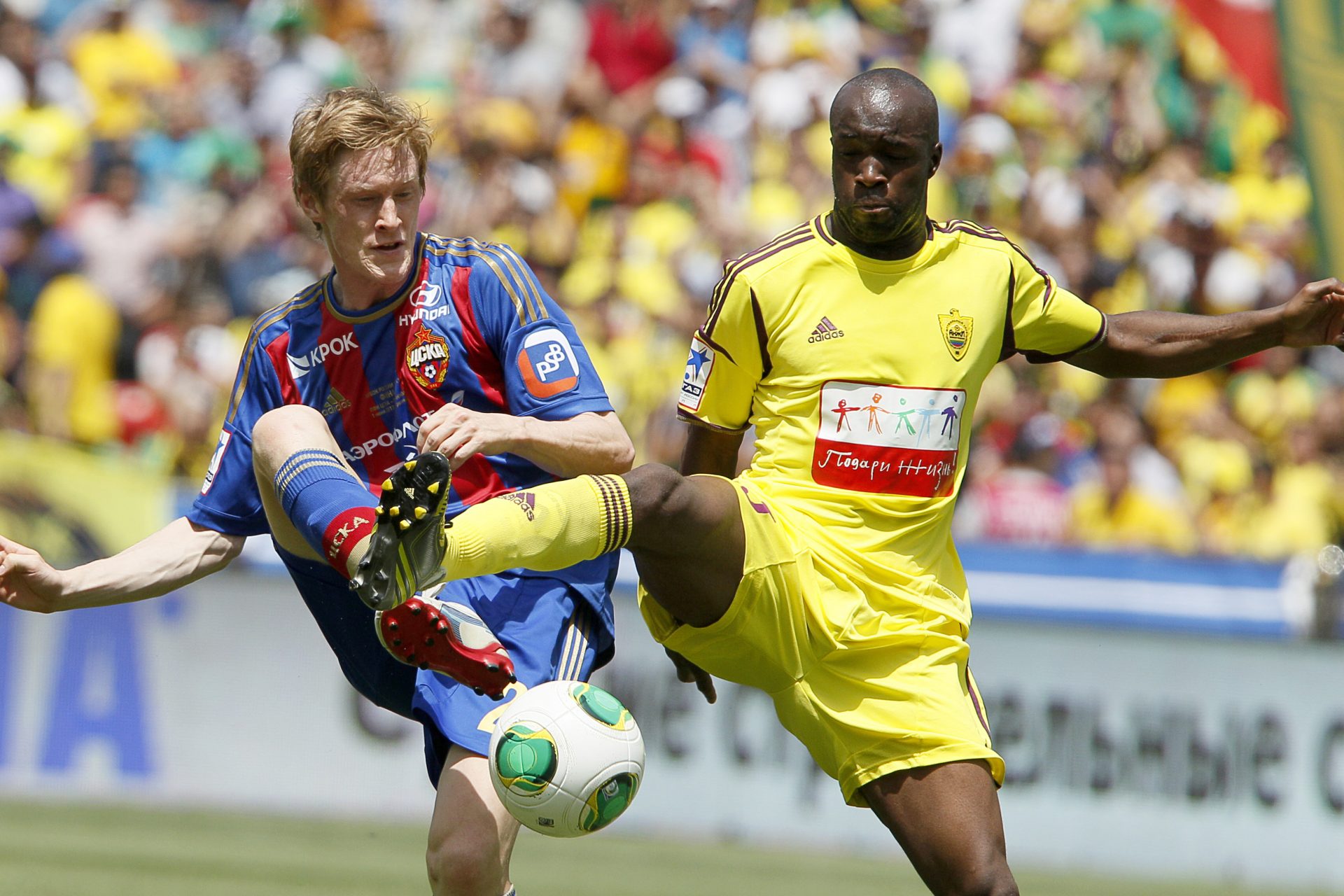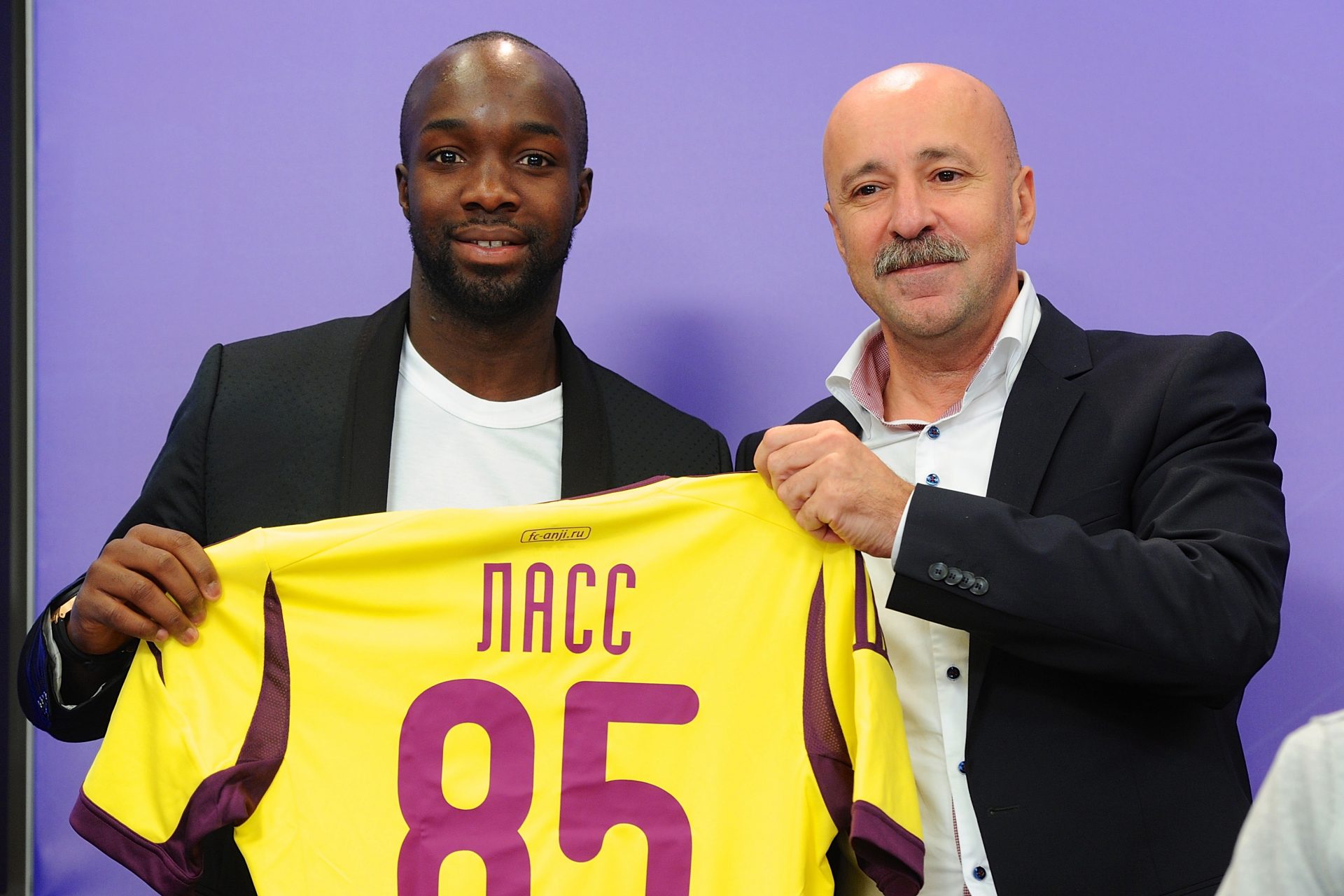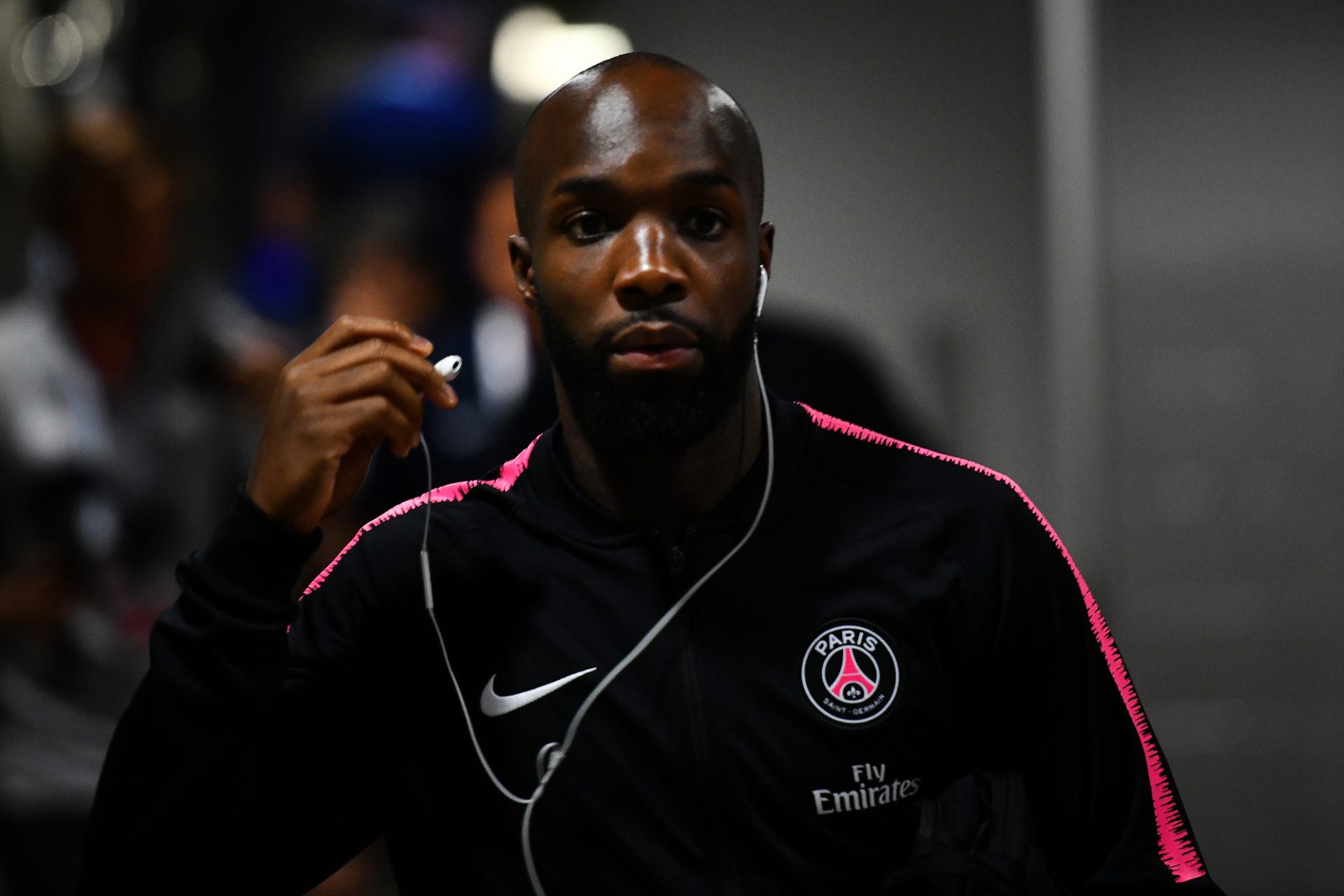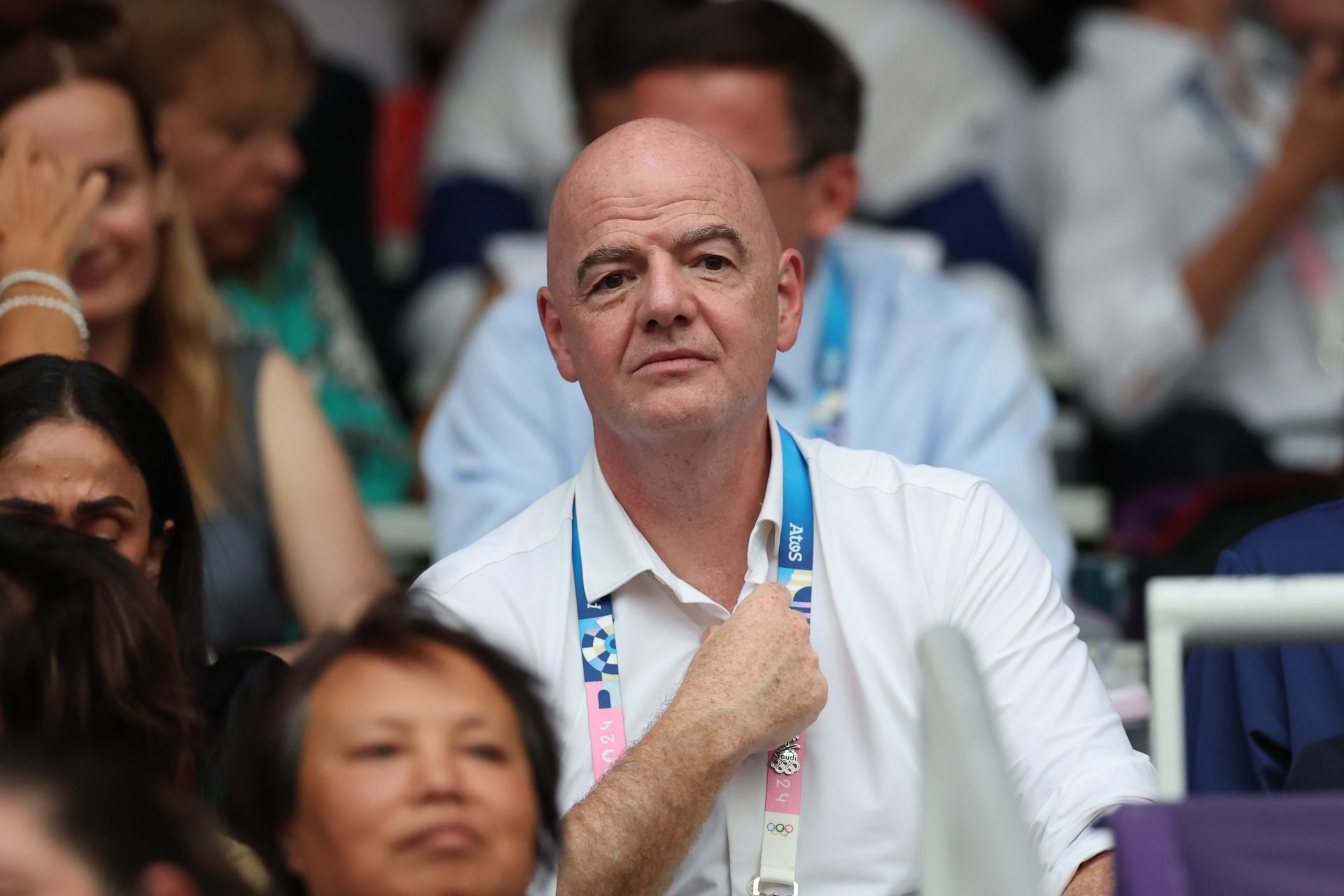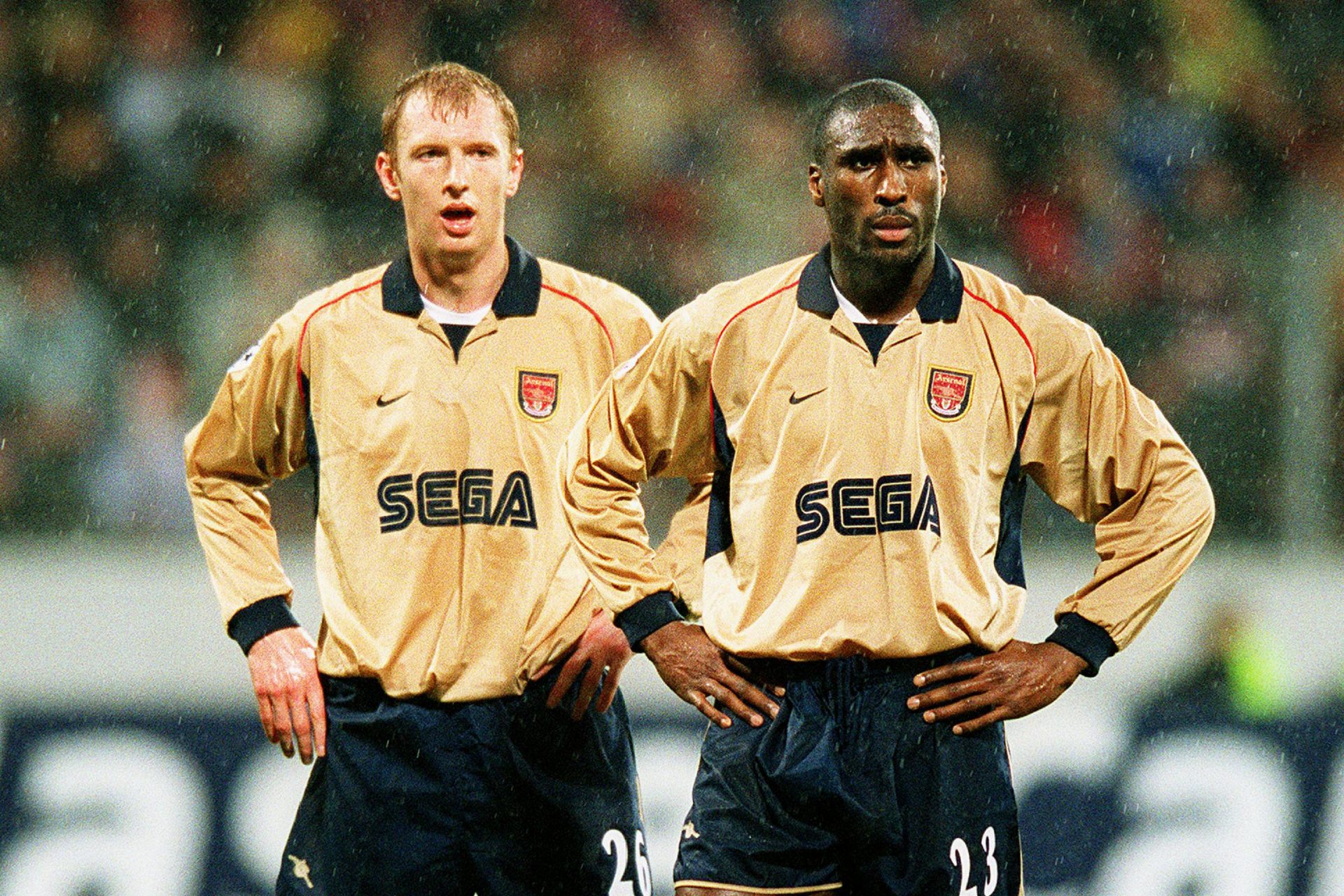The controversial FIFA rules that could destroy football transfers for years to come
Some of FIFA's transfer rules may breach European Union regulations on a person's freedom of movement between states, as they interfere with the contractual relations between players and clubs.
Advocate General Maciej Szpunar gave his opinion to the Court of Justice of the European Union (CJEU) after former Real Madrid and French international Lassana Diarra directly challenged FIFA's rules.
According to AP News, Diarra signed a four-year contract with Russian side Lokomotiv Moscow in 2013, but the deal was terminated a year later because Diarra was unhappy with the alleged pay cuts.
Want to see more like this? Follow us here for daily sports news, profiles and analysis!
The Russian side applied to the FIFA dispute resolution chamber for compensation, and Diarra filed a counterclaim, seeking compensation for unpaid wages for the remaining three years of his contract.
The Court of Arbitration for Sport found that Lokomotiv terminated Diarra's contract 'with just cause' and condemned the player to pay €10.5 million ($11.2 million, £8.8 million).
The FIFA rules state that a new club is responsible for paying a player compensation upon signing for a new club. This heavily restricts a player's freedom of movement because it makes it harder for them to find a job.
In Diarra's case, the former Real Madrid star argued that a move to Belgian club Charleroi fell through because of FIFA rules and sued FIFA and the Belgian federation at a Belgian court for damages and loss of earnings of €6 million (€5 million, $6.6 million).
The Michcon website reports the FIFA rules are as follows: (1) "The player and the club wishing to sign them will be jointly and severally liable for any compensation due if the player's previous contract is found to have been terminated without just cause."
(2) "A club which signs a player who terminated their previous contract without just cause is presumed to have induced a breach of contract and is thereby liable to sanction."
(3) "The association of the former club may not deliver the mandatory International Transfer Certificate (ITC) if there is a dispute between the former club and the player involving such a breach of contract."
Want to see more like this? Follow us here for daily sports news, profiles and analysis!
Szpunar stated that FIFA's rules between players and clubs may prove contrary to the European regulations on competition and a person's freedom of movement.
"These provisions discourage and dissuade clubs from hiring the player for fear of financial risk. The sporting sanctions faced by clubs hiring the player can effectively prevent a player from exercising his or her profession with a club located in another member state."
The FIFA rulings could have future implications for transfers because they give football clubs too much power. A football club has far more money than any one player and is at a much lower risk of being financially affected by court compensations.
The current rulings make it extremely difficult for a player to find a new club in Europe, with the heavy financial burden that would come with the subsequent transfer for a player who's 'broken' the rules.
If the current FIFA ruling is not changed, you could find situations where players refuse to join clubs because of the contractual agreement or superstars struggling to find a team because of the financial penalty placed on a team wanting to sign that specific person.
Limiting clubs' ability to recruit players can affect competition between clubs on the market for player acquisitions, making teams and leagues less competitive, as some teams cannot afford the financial penalty.
Want to see more like this? Follow us here for daily sports news, profiles and analysis!
More for you
Top Stories




